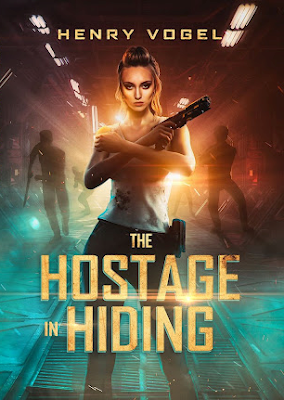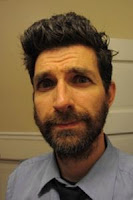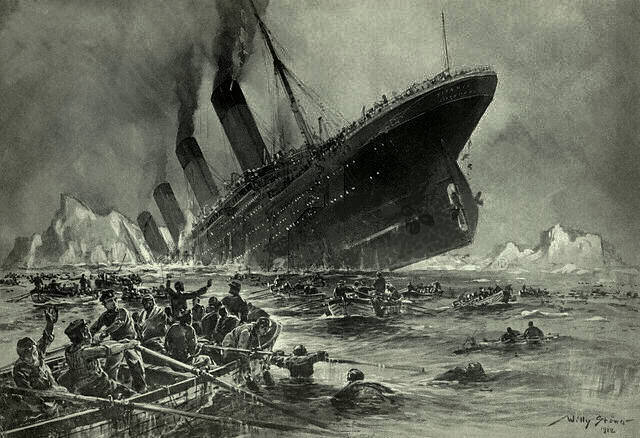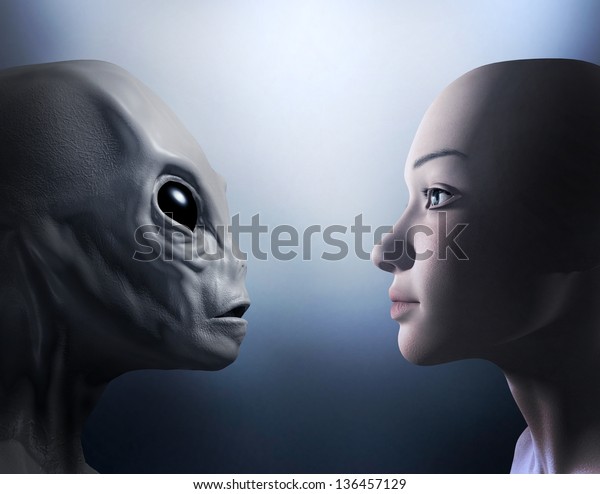Remember when Marvel movies were fun? Remember when we all used to look forward to the next Marvel movie, because it was going to be exciting, different, and a great way to take your mind off the hook and get lost in pure heroic escapism for two solid hours? Remember when Marvel/Disney/Sony/Whatever was not pounding out four theatrical movies, plus four TV series, plus three direct-to-streaming movies, plus two holiday specials, every frickin’ year?
[Holiday specials?!?! Yeah, seriously. The Guardians of the Galaxy Holiday Special is going live on Disney+ this coming December. At last we’ll know the answer to the question we’ve all been wondering about for the past 44 years: can anyone make a bigger turkey than the legendary 1978 Star Wars Holiday Special? Stay tuned…]
Most importantly, though, remember when it was possible to watch, enjoy, and make sense of a new Marvel movie without having watched at least three other movies beforehand?
This is where Spider-Man: No Way Home fits into the Marvel Cinematic Ecosystem. If you have not at the absolute minimum watched Spider-Man: Homecoming and Spider-Man: Far From Home, this one will make no sense at all. Give it a miss.
If you have watched the previous two, and feel a bloody-minded determination to finish out the series, then know that to understand most of what’s going on in this one, you should pop a 55-gallon drum of popcorn and also watch, in this order, the following movies:
- The Avengers
- Captain America: Civil War
- Spider-Man: Homecoming
- Doctor Strange
- Avengers: Infinity War
- Avengers: Endgame
- Spider-Man: Far From Home
Ideally you should also have watched all three Tobey Maguire Spider-Man movies, both Andrew Garfield Amazing Spider-Man movies (a.k.a., “The Spider-Man movies almost nobody watched”), and what the Hell, throw in Spider-Man: Into the Spider-Verse, too. (Although this last one might leave you with a profound feeling that No Way Home would have been better if both Peter Porker and Miles Morales had been given at least brief cameos in it.)
And then, by the time you have watched all of these movies, either your brain will have turned into feta cheese, or else you will have realized that by the end of Spider-Man: Far From Home, the filmmakers have painted poor pitiful Peter Parker into such an impossibly tight corner that the only way they can get him out of it is by resorting to the sort of Colossal Magical Timey-Wimey Cosmic Reset that Marvel doesn’t seem to mind doing all the time, but that to me always feels like a cheat, just one thin step above, “And then it turned out, it was all just a dream.”
In 2004, Toho Studios released Godzilla: Final Wars, which was intended to be both a 50th Anniversary Godzilla’s Greatest Hits sort of movie and also the final film before they retired the character for a decade, to retool him and come up with the truly weird Shin Godzilla.
Think of Spider-Man: No Way Home as Spider-Man’s Final Wars. It’s loud. It’s fun. Peter Porker—er, Parker—gets to fight all his greatest villains, even the dead ones, one more time. But let’s face it: 25-year-old Tom Holland is getting a bit long in the tooth to continue playing high school student Peter Parker. Perhaps it’s time to wrap up all the story arcs, close out the series, let him swing off into the sunset, and then give the character a few years’ rest before starting over again, preferably with Miles Morales.
Hey! Didja hear there’s a new Doctor Strange movie coming out next week? Are you excited about it?
Yeah. Me neither.
~brb






















.png)




